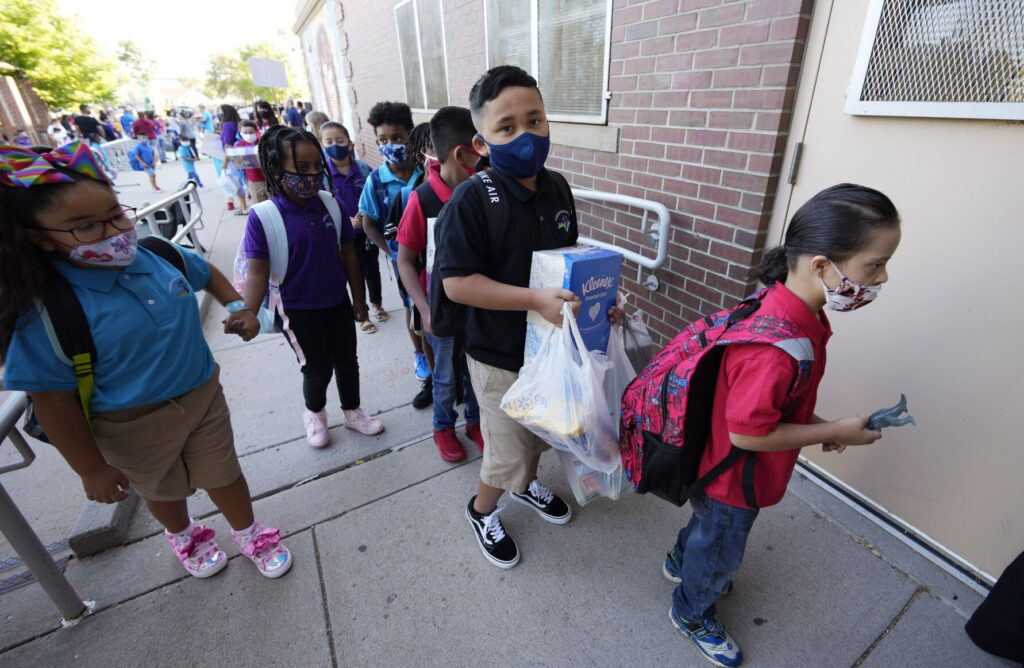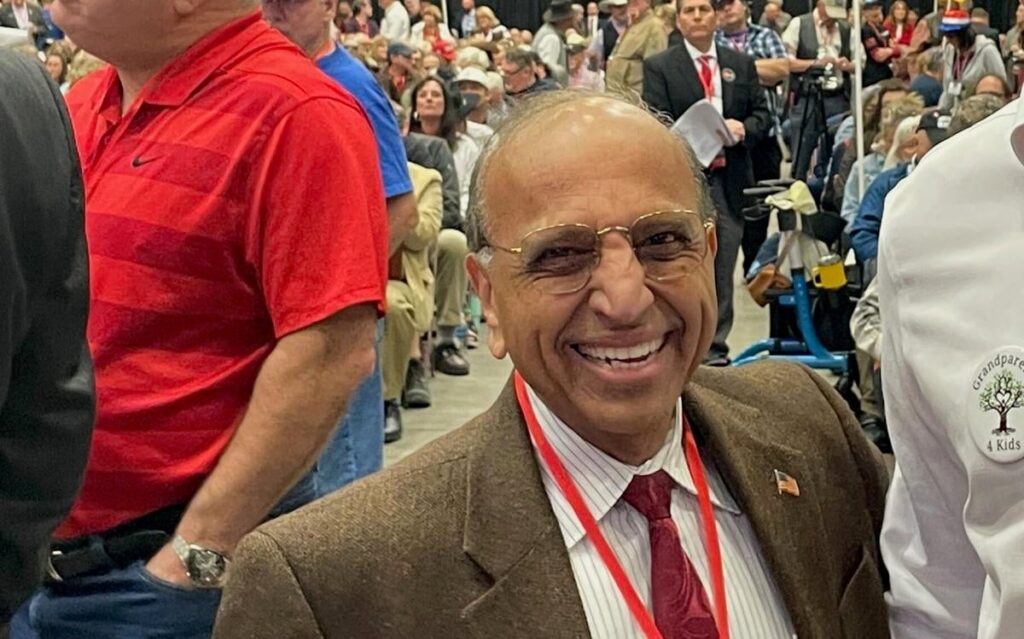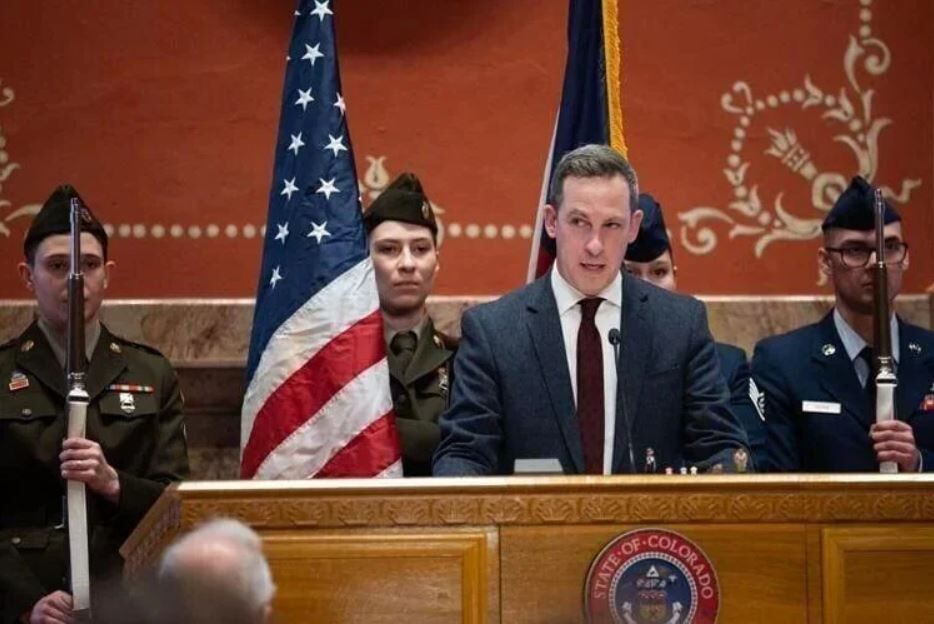Denver officials say clothes urgently needed for migrants that arrived last week

After an unexpected influx of migrants arrived in Denver last week, city officials and agencies are continuing efforts to shelter people and provide them with clothing.
The City and County of Denver released an update on their efforts to shelter the migrants coming into the city this week. As of Saturday, they said:
- 152 migrants are being accommodated in the city’s emergency shelter
- 48 migrants have been relocated to a church-run shelter site
- 41 additional migrants arrived at local homeless shelters overnight
- 73 migrants are currently preparing for reunification to connect with family or friends and transitioning out of the city-managed emergency shelter
- 13 migrants have left the city-managed emergency shelter on their own
The city said in the release that they established a drop-off location for physical donations at Iglesia Ciudad de Dios at 5255 W. Warren Ave. in Denver.
Donations are accepted on Tuesdays and Wednesdays from 4 p.m. to 7 p.m.
The city said there is a high demand for new adult clothing in sizes small, medium and large. There is a special need for medium in both men’s and women’s as well as a need for winter clothing.
Items urgently needed include:
- New men’s and women’s underwear
- New women’s sports bras
- Long sleeve shirts (men’s, women’s and unisex)
- Jeans (men’s and women’s with special need for medium size)
- New socks (men’s and women’s)
- New sweatshirts and sweatpants (men’s and women’s small, medium and large)
- Closed toe gym shoes (men’s, women’s, boys, girls, infants)
- Shoelaces
- Winter coats and pullovers (men’s, women’s, children’s, infant’s)
The migrants are from the southern border, the Denver Office of Emergency Management said. Little else is known about the migrants or their source. The mayor’s office says it does not believe a border state, such as Texas, sent them to Colorado.
Denver has a reputation for being welcoming to migrants. During the 2019 crisis at the Southern border with Mexico, the city accepted three buses and created 72-hour shelters for people.
“Denver and Aurora are known as refugee cities,” Andrea Loya, executive director of Casa de Paz, said in an earlier interview. “And as a state, we are attractive to immigrant communities.”
Mayra Juarez Denis with Centro Humanitario, a nonprofit working with the migrants, told 9News that some of them are looking for work and to escape danger in their home countries. Most of the people she had spoken to said they were from Venezuela.
The city is asking for support in their efforts from local faith-based groups, non-profits and private sector partners. Entities interested in being involved can contact the Emergency Operations Center at EOC_Liaison2@denvergov.org.















